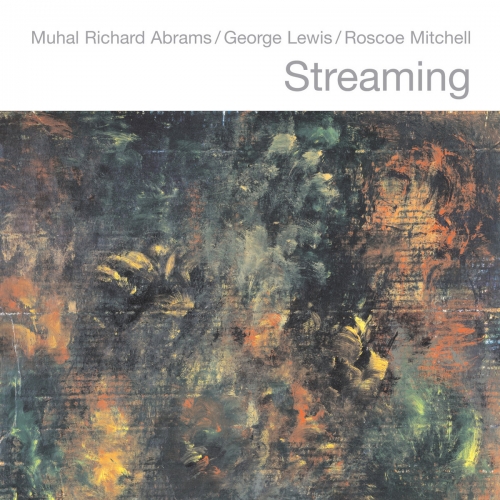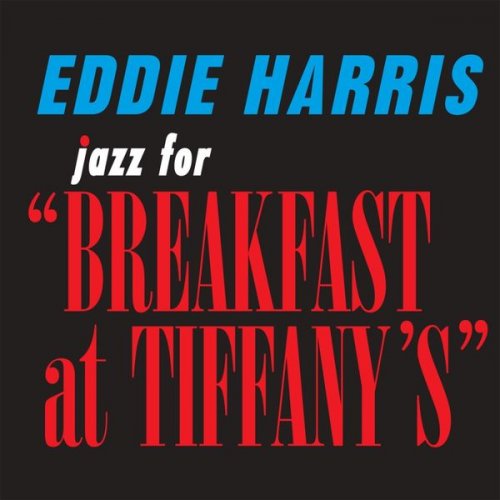Duo Porto-Frontini - The Three Penny Piano (Music for Piano 4 Hands) (2017)
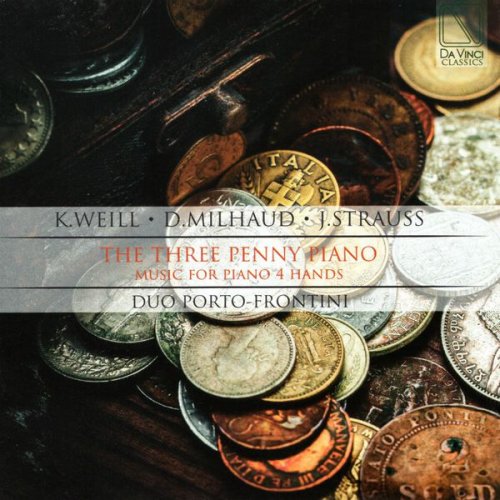
Artist: Duo Porto-Frontini
Title: The Three Penny Piano (Music for Piano 4 Hands)
Year Of Release: 2017
Label: Da Vinci Classics
Genre: Classical
Quality: FLAC (tracks)
Total Time: 52:43
Total Size: 164 MB
WebSite: Album Preview
Tracklist:Title: The Three Penny Piano (Music for Piano 4 Hands)
Year Of Release: 2017
Label: Da Vinci Classics
Genre: Classical
Quality: FLAC (tracks)
Total Time: 52:43
Total Size: 164 MB
WebSite: Album Preview
1. Die Fledermaus: Ouverture (Transcr. for Piano 4 Hands) (08:27)
2. Suite from The Threepenny Opera: I. Ouverture (Transcr. for Piano 4 Hands) (02:33)
3. Suite from The Threepenny Opera: II. The Ballad of Mack the Knife (Transcr. for Piano 4 Hands) (02:40)
4. Suite from The Threepenny Opera: III. The Cannon Song (Transcr. for Piano 4 Hands) (02:37)
5. Suite from The Threepenny Opera: IV. Love Song (Transcr. for Piano 4 Hands) (01:57)
6. Suite from The Threepenny Opera: V. Barbara Song (Transcr. for Piano 4 Hands) (03:02)
7. Suite from The Threepenny Opera: VI. Finale I (Transcr. for Piano 4 Hands) (03:41)
8. Suite from The Threepenny Opera: VII. Melodram (Transcr. for Piano 4 Hands) (01:23)
9. Suite from The Threepenny Opera: VIII. Ballade of Immoral Earnings (Transcr. for Piano 4 Hands) (03:04)
10. Suite from The Threepenny Opera: IX. Ballade of Good Living (Transcr. for Piano 4 Hands) (01:47)
11. Suite from The Threepenny Opera: X. Solomon Song (Transcr. for Piano 4 Hands) (02:22)
12. Suite from The Threepenny Opera: XI. Finale II (Transcr. for Piano 4 Hands) (03:58)
13. Scaramouche, Op. 165b: I. Vif (03:17)
14. Scaramouche, Op. 165b: II. Modéré (04:20)
15. Scaramouche, Op. 165b: III. Brasileira (02:21)
16. Giustino, RV 717: Vedrò con mio diletto (Transcr. for Piano 4 Hands, Bonus Track) (05:06)
Frivolous, elegant, pleasant: Piano four hands is often linked, in the collective imagination, to a “dancing” repertoire, usually played by young students with their Maestro. This is certainly an aspect, but on the other side we find out transcription of symphonic movements or chamber music, adaptation from orchestra of famous and important pieces of music. It was a very common and easy way, especially in the XIX century, to listen to a symphonic music in all the places with just a piano. The extention of the keyboard and four hands are useful to reproduce all the orchestral sections or the complexity of a quartet thought. From this point comes the idea to use this tradition and increase it, transcribing orchestral pieces (like Ouverture of Die Fledermaus) or works originally for two pianos (Scaramouche), creating suite from operas (like “Die Dreigroschenoper”) and go back in time transforming the music of Vivaldi in some composer because the suite Scaramouche, with his persistent rhythm, with his irony, and with his beautiful lyricism, became an important and classic piece of the piano duet repertoire. […]
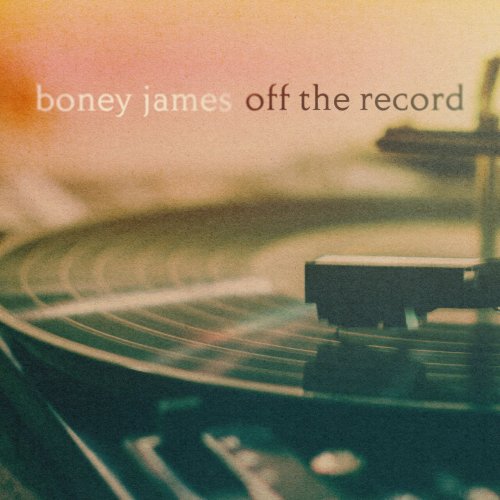

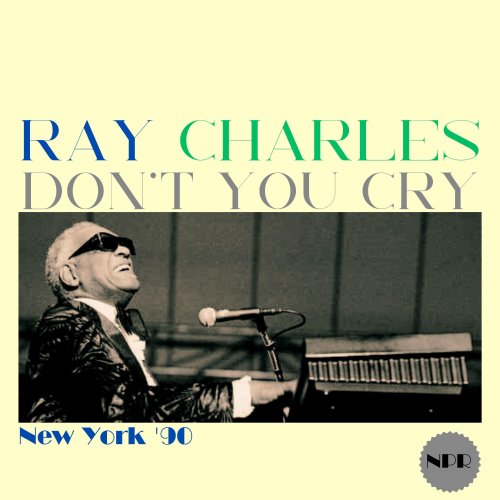
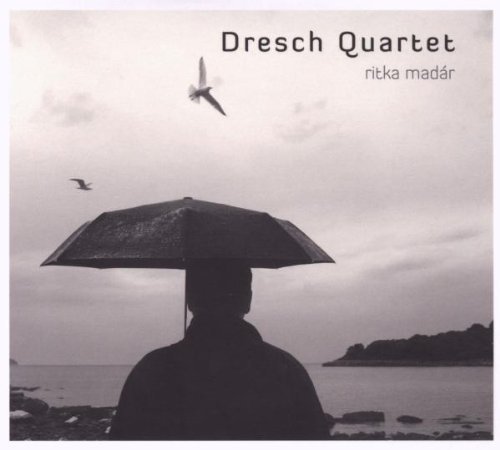

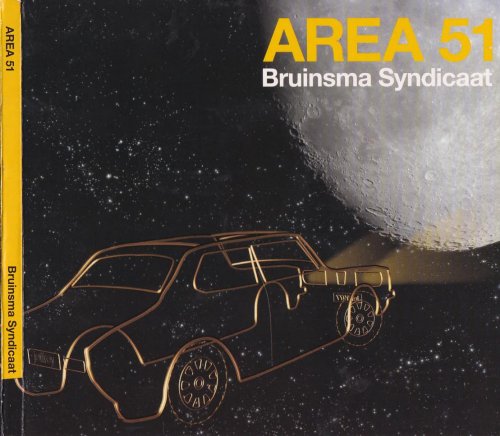
![Palle Mikkelborg, Claus Ogerman, Thomas Clausen Trio, Singapore Symphony Orchestra & Jean Thorel - Symbiosis · Tribute to Bill Evans (2026) [Hi-Res] Palle Mikkelborg, Claus Ogerman, Thomas Clausen Trio, Singapore Symphony Orchestra & Jean Thorel - Symbiosis · Tribute to Bill Evans (2026) [Hi-Res]](https://www.dibpic.com/uploads/posts/2026-01/1768323882_folder.jpg)
